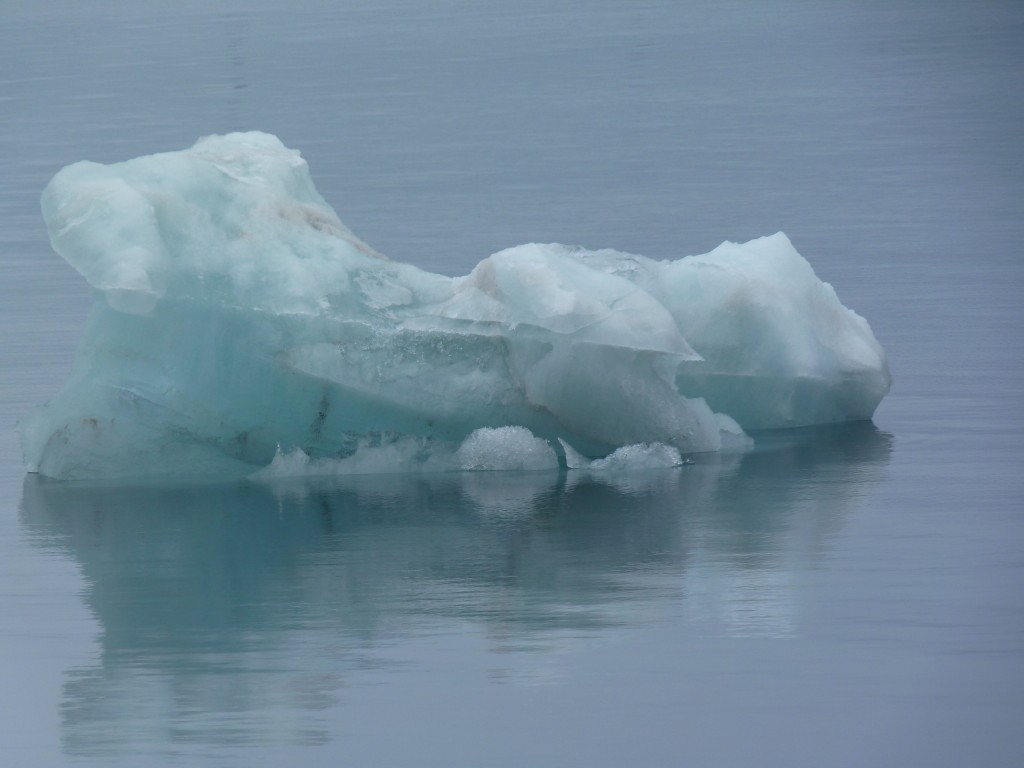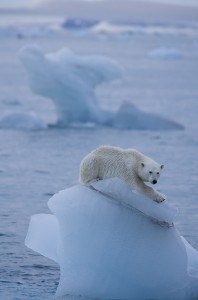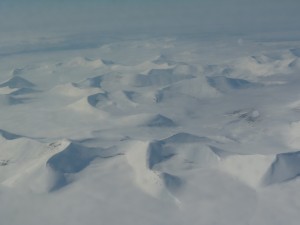Search Results for Tag: Svalbard
Atlantic cod pushing out Arctic relatives?
When I visited the AWI Biological Institute on the German North Sea island of Helgoland last year for a story on how climate change is affecting marine life, the Institute’s Director Karen Wiltshire mentioned to me that cod was disappearing from the waters around the island. The Atlantic cod, it seems, are moving north, a trend confirmed by a recent research cruise by scientists from the Alfred-Wegener-Institute (AWI).
![]() read more
read more
Climate talks too slow for Antarctic sea snails

The pteropod, (marine snail) Limacina hilicina antarctica, Photo: Nina Bednarsek
While the climate negotiations continue at a snail’s pace in Doha, marine snails or pteropods in the Antarctic are losing their shells because of ocean acidification. Researchers from the British Antarctic Survey (BAS) and partners have published the first evidence of ocean acidification affecting live marine creatures in the Southern Ocean. Ocean acidification is caused by the uptake of carbon dioxide from the atmosphere emitted as a result of fossil fuel burning.
![]() read more
read more
“Svalbard bears on the move”
I found the latest online edition of WWF Arctic‘s newsletter The Arc in my in-box today. For a Friday afternoon or weekend pastime, I would recommend a look. I was particularly interested in the item about polar bears on Svalbard, following the sea ice or locating a dead whale. Having been on the Arctic island a few times it holds a special interest for me. And the chance to track polar bears moving around is absolutely fascinating. The bear tracker site does just that. There’s also a video of how researchers on the ground work with the bears. Can you imagine putting your hand between the jaws of a giant white bear? 😉
Oil from the Arctic: Is it time for an Arctic Treaty?
Given the increased interest in drilling for oil and gas in the Arctic as the area becomes more accessible in a changing climate, concern is also growing about the dangers an accident could pose to the fragile environment of the “high North”. An editorial in the publication NATURE argues that we need a binding agreement like the Antarctic Treaty to protect the Arctic from pollution.
![]() read more
read more
Seeds in transit: from Australia to Svalbard

Ice blog followers may remember my account of a visit to the Svalbard seed vault, which preserves a wide variety of seeds safe under the permafrost of an Arctic mountain for posterity. The story is also online at DW’s environment website.

The idea is that saving a wide diversity of crop seeds could help humankind survive in the future in spite of any disasters occurring – or, for instance, to help agriculture cope with the challenges of a changing climate.
Well the vault has just celebrated its third birthday with a bumper delivery of seeds from different parts of the world. For the first time ever, seeds have been delivered from Australia, just about as far away as you can get from the Arctic. Australia is one of the areas of the world that are particularly vulerable to climate change. It has had to cope with an increasing number of extreme weather events, droughts and floods. The seeds brought to Svalbard were the furthest travelled of the more than 600,000 samples now stored at the vault.
Most of Australia’s food crops come from outside the country, and so are dependent on global crop diversity.
There’s more information on the website of the Global Crop Diversity Trust. See also “Wild Relatives can save our food supply” on why it’s important to preserve crop seeds for posterity.























Feedback